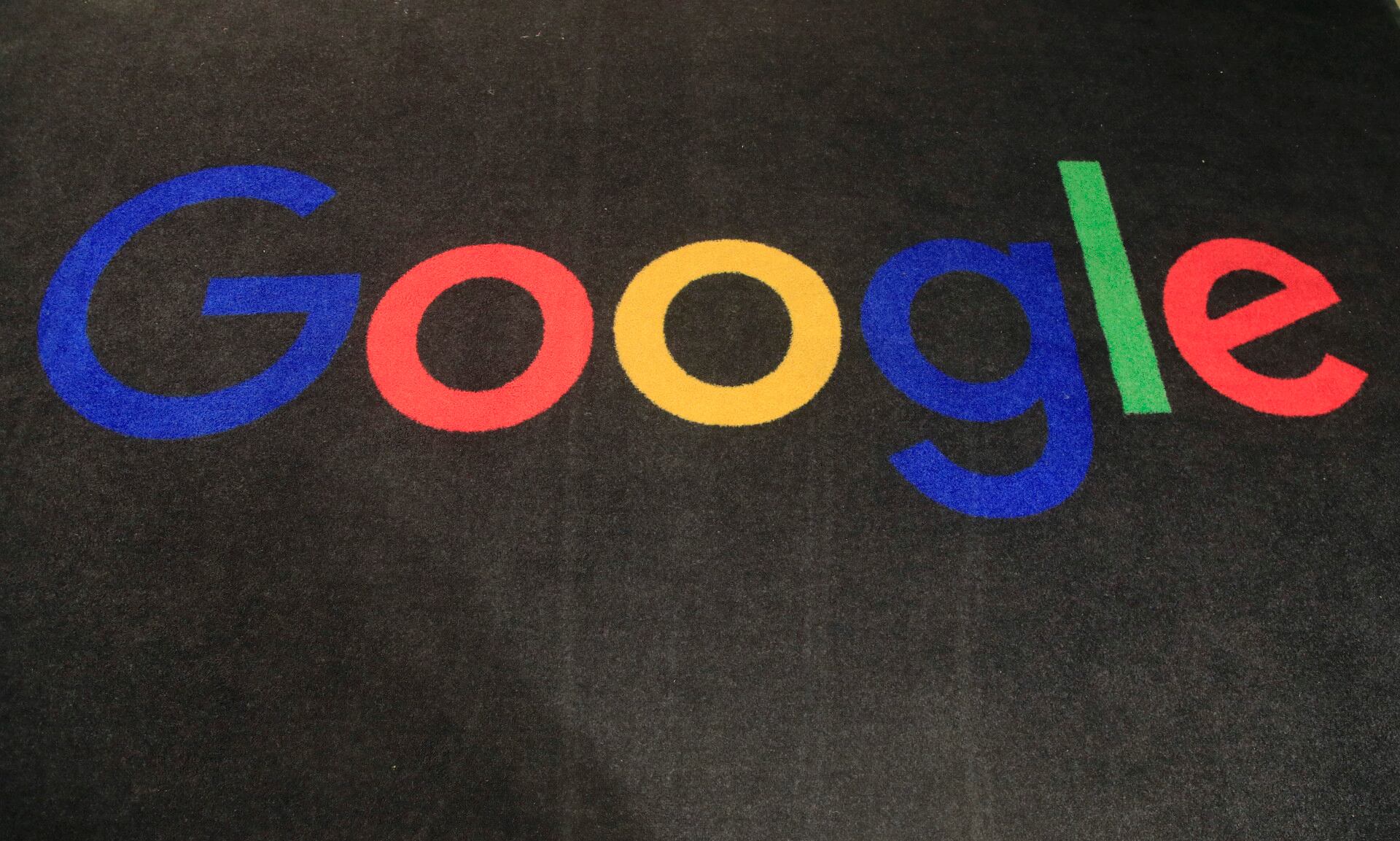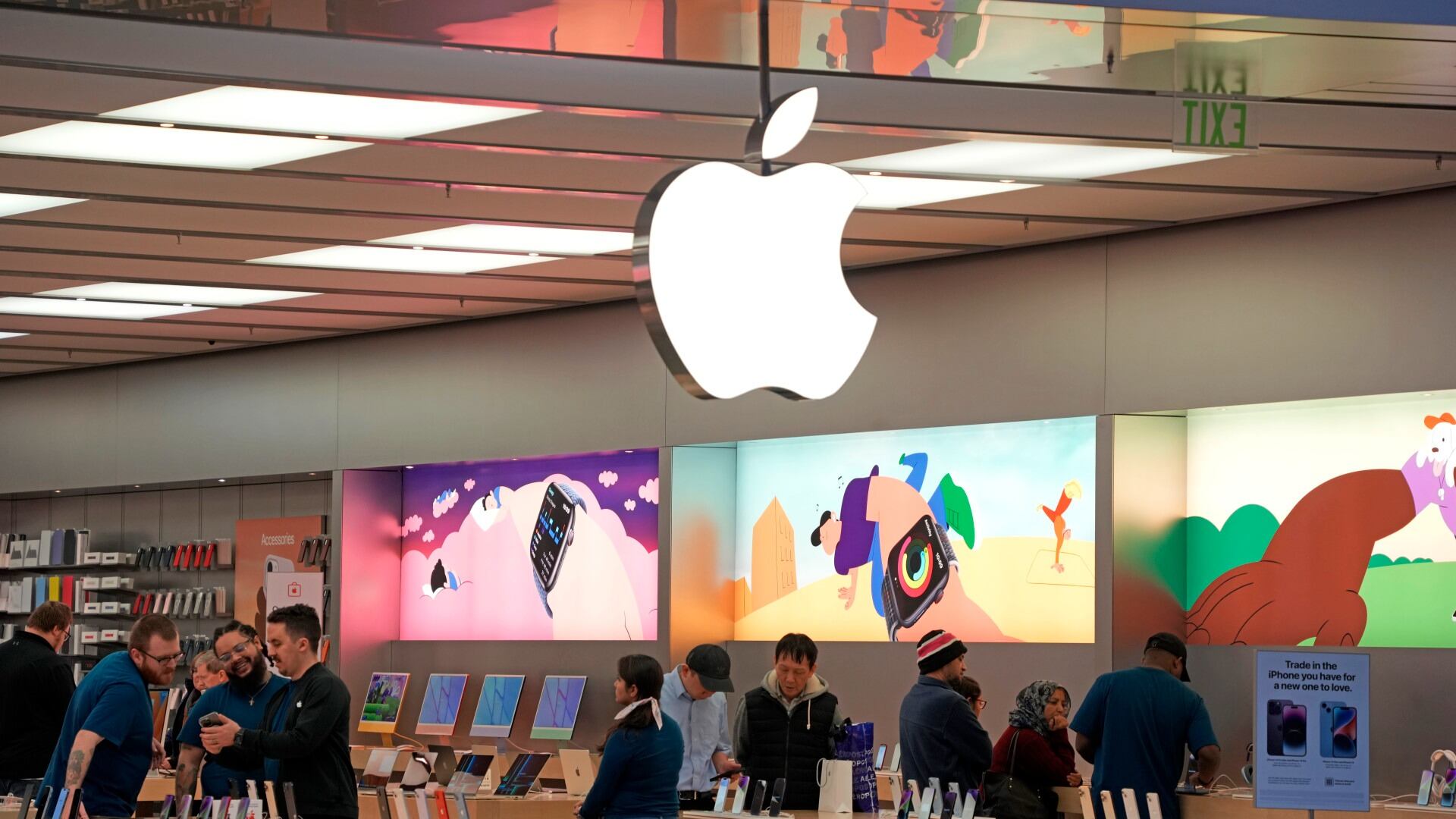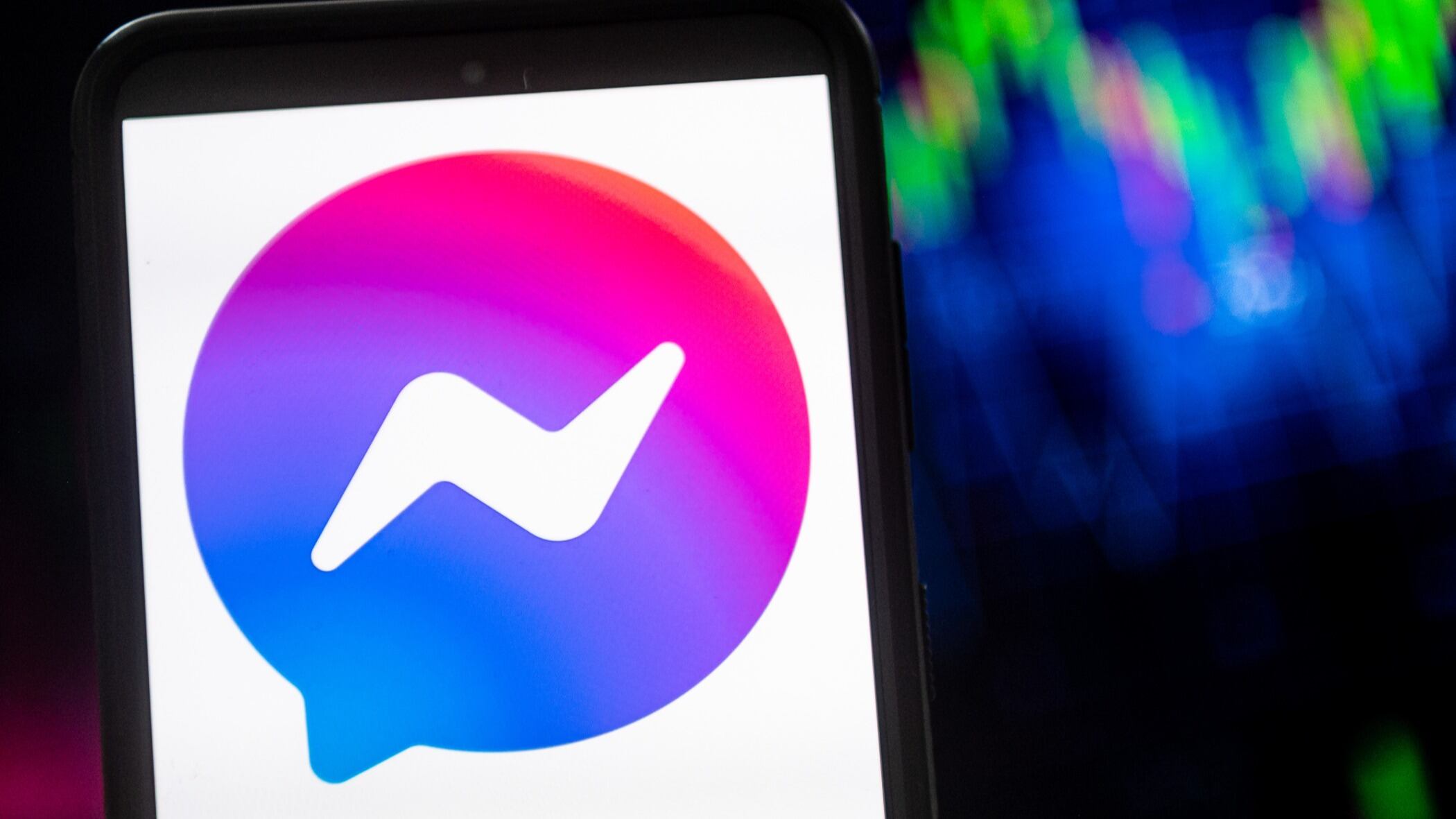The move by the FCC this week to repeal net neutrality sent shockwaves across the internet. But a former commissioner with the agency says it’s not too late for Americans to push back. “We already had 20 million people contact the FCC and Congress saying ‘keep the old rules,’” said Michael Copps, who served with the regulator during the Obama administration, told Cheddar. On Tuesday, current FCC Chairman Ajit Pai laid out his plans to roll back rules which prevent internet service providers from slowing down or blocking certain customers, or from charging more to get access to so-called “fast lanes.” The regulations were implemented in 2015. Pai says his proposal is based on a “light-touch regulatory approach” adopted by former President Bill Clinton and a Republican Congress in 1996. The regulator says he hopes to restore internet freedom and eliminate heavy-handed regulations. His plan will be opened for public comment on Wednesday, and the committee will vote on it on December 14th. But Pai’s announcement Tuesday immediately sparked public outcry and became a trending hashtag on Twitter. Many people fear that if net neutrality disappears, ISPs will be able to charge premiums for high-speed data and allow companies like AT&T and Comcast to limit available content or favor affiliates. Copps, who sat on the commision from 2001-2011 and served as acting head in 2009, immediately took to Twitter to respond. He said that Pai “is an FCC chair gone rogue” and that gutting net neutrality is both a farce and a tragedy. New York State Attorney General Eric Schneiderman also voiced his concerns over Pai’s proposal. In an open letter to the agency head, he said the FCC failed to investigate claims that its crowdsourcing system to solicit comments on the rollback was compromised. The state’s top lawyer says hundreds of thousands of posts used names of people without their consent. “That’s akin to identity theft, and it happened on a massive scale,” he wrote. Schneiderman ended his letter by encouraging the FCC to consider allowing him to further investigate the matter. Pai, who was appointed to the agency in 2012 by then-President Obama and was named chairman in January by President Trump, says his proposal is an extension of his regulatory philosophy that consumers benefit most from competition. In Tuesday’s statement, chief says his plan will stop the federal government from micromanaging the internet. “Instead, the FCC would simply require internet service providers to be transparent about their practices, so that consumers can buy the service plan that’s best for them, and entrepreneurs and other small businesses can have the technical information they need to innovate,” he said. Pai also says net neutrality has resulted in the loss of about 100,000 jobs among those laying down cables and digging trenches. But Copps says that this is argument is “just a bunch of garbage,” adding that ISPs are “all doing well.” Copps says, instead, that the change would allow companies to meddle with innovation and entrepreneurship, but he remains hopeful that Americans will fight back. “Once the people have a better knowledge of what’s going on, they will rise up,” Copps said.












